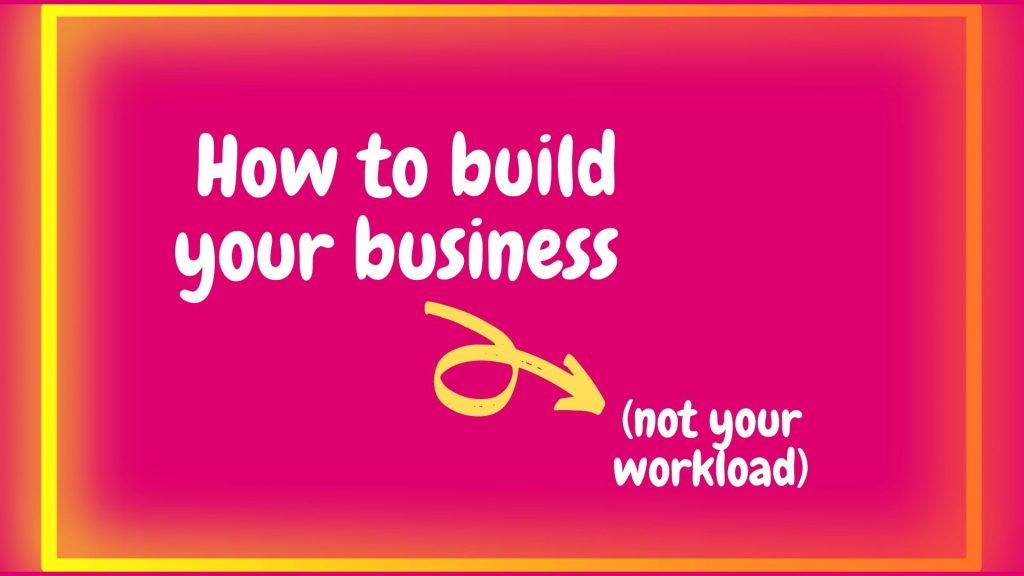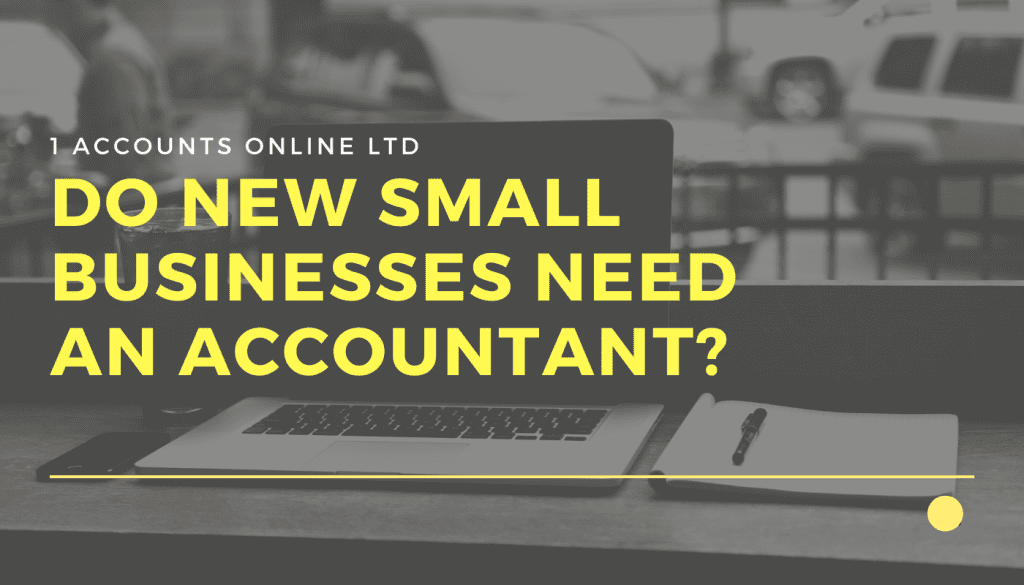
If you want to build your business (not your workload) and you want to spend time on doing the things…

If you want to build your business (not your workload) and you want to spend time on doing the things…

“Gravitas” was one of the ancient Roman virtues that denoted “seriousness,” but nowadays it’s a quality that also extends to…

According to business start-up statistics in the UK, 20% of businesses fail in their first year and around 60% will…

If you’re at the point where you can’t take on any more work or, to grow your business, you need…

When asked “What does an accountant do?” many people answer with accounts, tax or compliance work. While that’s true, what…

Working from home has its challenges. On its own, that shift in environment takes some getting used to, especially if…

Your profit margin is how much money you actually get to walk away with after a transaction is complete (revenue…

The changes and stresses caused by the pandemic are taking their toll on all of us. It’s been almost a…

For a business to grow sustainably (and to successfully make it through the financial bumps in the road), cash flow…

Two sports teams both have the goal to win the game at hand, but only one can. This shows that…